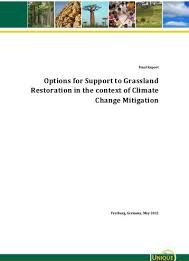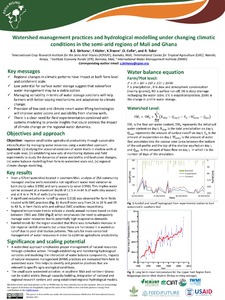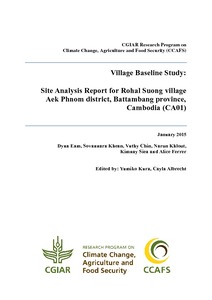“How Can We Survive Here?” The Impact of Mining on Human Rights in Karamoja, Uganda
Basic survival is very difficult for the 1.2 million people who live in Karamoja, a remote region in northeastern Uganda bordering Kenya marked by chronic poverty and the poorest human development indicators in the country. Traditional dependence on semi-nomadiccattle-raising has been increasingly jeopardized. Extreme climate variability, amongst other factors, has made the region’s pastoralist and agro-pastoralist people highly vulnerable to food insecurity.







